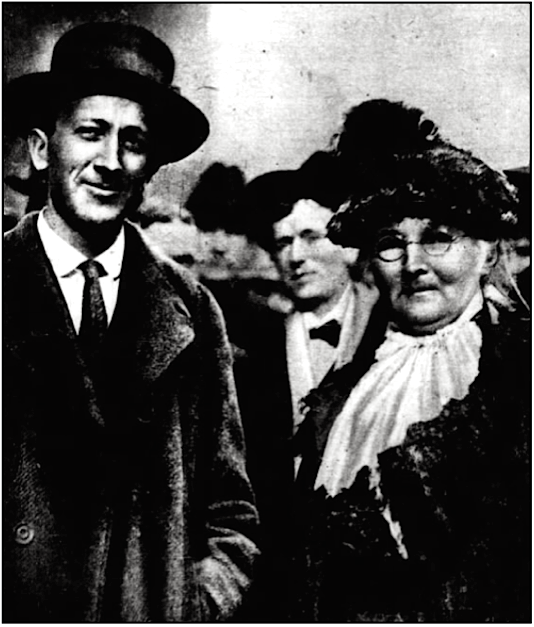 —————
—————
Hellraisers Journal – Thursday April 4, 1912
Lawrence Textile Strikers Win Great Victory with I. W. W., Part II of IV
From the International Socialist Review of April 1912:
ONE BIG UNION WINS
By LESLIE H. MARCY and FREDERICK SUMNER BOYD
On January 11, anticipating some difficulty on pay day, the Secretary of Local 20, I. W. W. wired to Joseph J. Ettor, member of the National Executive Board, who was then in New York City, to go to Lawrence. He left the next afternoon, and arrived on the night of January 12.
Plans were then laid for the conduct of the strike. A general strike committee was formed that met daily, each nationality on strike being represented on it by three delegates. In addition there were three representatives each from the perchers, menders and burlers, the warp dressers, Kunhardt’s mill, the Oswoco mill, the paper mill, the workers in which had struck in sympathy with the textile workers and presented similar demands, and from time to time other sections were represented that were gradually merged as occasion demanded. The general strike committee thus numbered 56 men and women, all of them mill workers.
The first work of the committee was to devise means for carrying on the fight and caring for the strikers. There were no funds when the strike was declared, but in a week or ten days money began to dribble in from surrounding New England towns, and as the strike continued contributions came in from every State in the Union, from all parts of Canada and even from England.
The money in the shape of strike pay would not have lasted a week, but this battle was conducted on a different basis from former fights. Each nationality opened relief stations and soup kitchens, and was responsible for the care of its own people. The Franco-Belgians had had a co-operative in operation long before the strike, and food purchases were made through its machinery. Money was paid over to the various national committees as it became necessary by the general finance committee, with Joseph Bedard as Financial Secretary. With this money the purchasing committee bought goods, and the national committees took their portion.
Meals were provided twice a day at the various stations for the strikers who needed them, and in this manner the Franco-Belgian station at the Mason street headquarters provided 1,850 meals twice daily, the Italians 3,500, the Syrians 1,200, Lithuanians 1,200, the Poles 1,000, and soon, the Germans took care of 150 families and several hundred single workers.

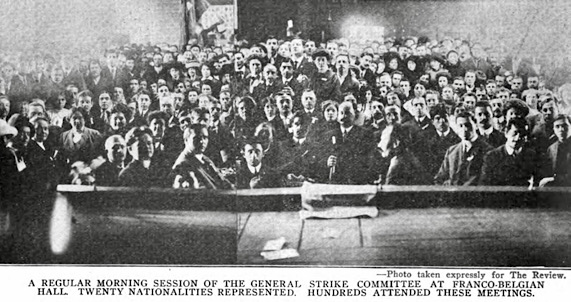
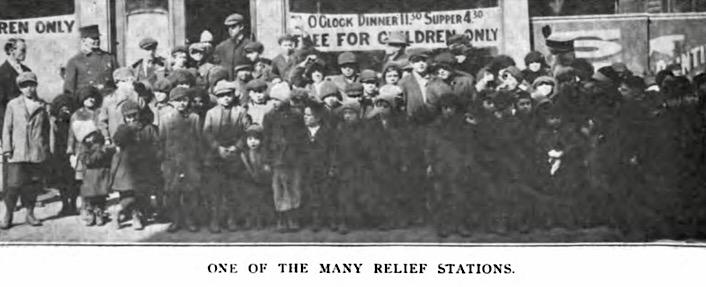
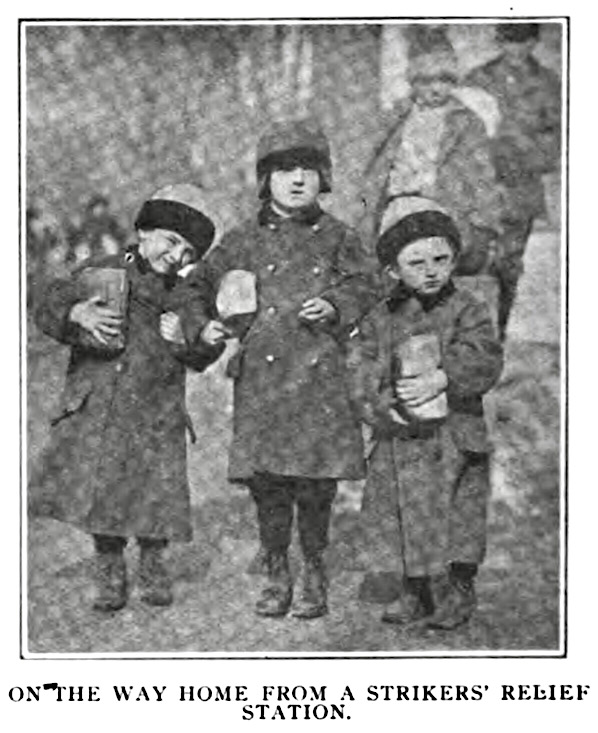
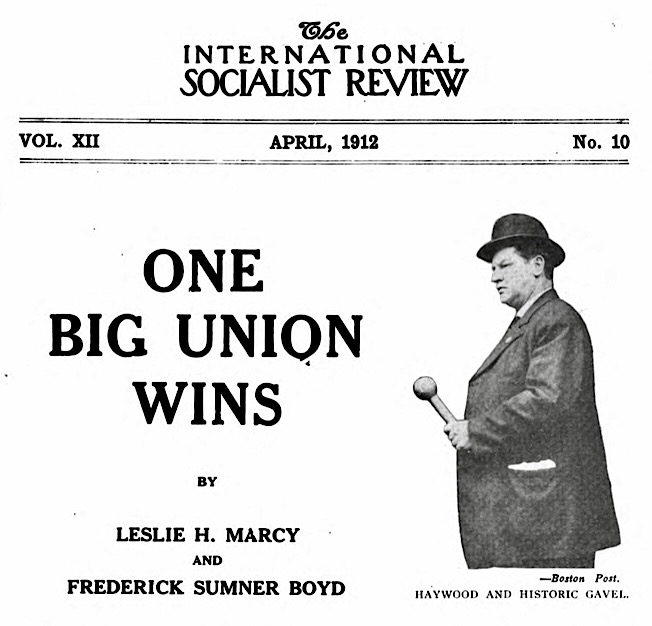
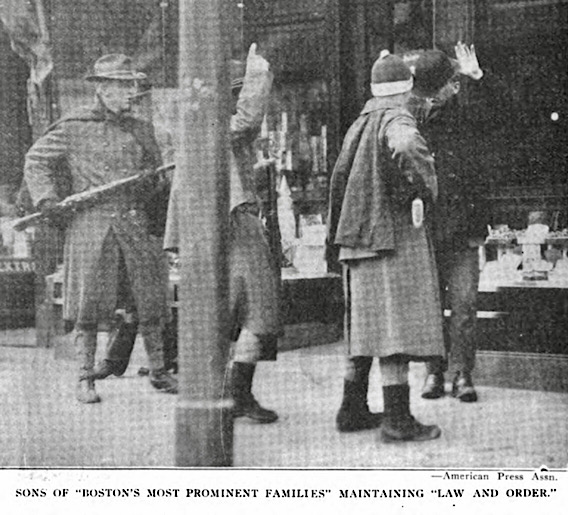
 ———-
———-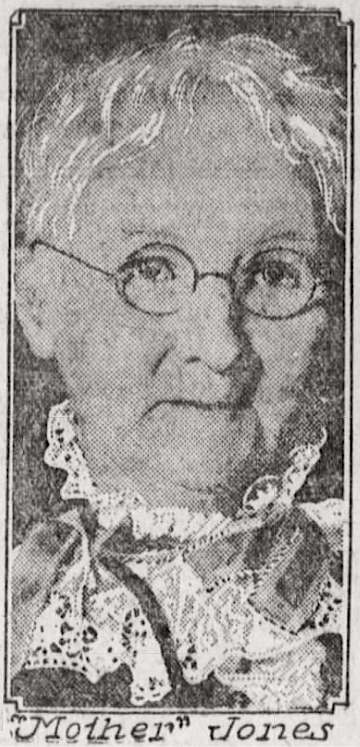
 ———-
———-